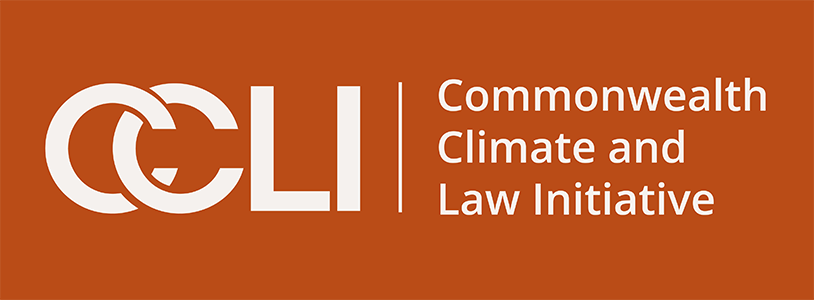Author: Alex Cooper
Date: 15 May 2023
On Friday 12 May 2023, the High Court refused permission for the UK environmental NGO to continue its derivative action against the board of Shell plc, according to reporting by ESG Today. This is an initial order by the court, and developments in the case will not stop here.
ClientEarth, in its capacity as a shareholder of Shell, has brought a claim alleging that the board has failed in its duties under s.172 and s.174 of the Companies Act 2006, which require directors to act in the best interests of the company for the benefit of its members as a whole, taking into consideration a wide range of factors, and act with due care, skill and diligence. ClientEarth has alleged that the board of Shell has failed to meet these duties by failing to develop and implement a climate strategy that aligns with the Paris Agreement goals, increasing its risk of stranded assets and having to make write-downs (due to both physical and transition risks).
In its Order on Friday, the Court reportedly stated that:
The formulation of these incidental duties makes plain that they seek to impose specific obligations on the Directors as to how the management of Shell’s business and affairs should be conducted, notwithstanding the well-established principle that it is for directors themselves to determine (acting in good faith) how best to promote the success of a company for the benefit of its members as a whole.”
This is an initial decision by the court, made on the papers submitted by ClientEarth. ClientEarth now has seven days to ask the court for an oral hearing, at which argument by counsel will be heard.
This is perhaps an unsurprising outcome at this stage of the proceedings. The arguments advanced by ClientEarth appear to be fairly novel, and being granted permission requires meeting a high threshold – in particular, the judge will consider whether the claim would be continued by a director of the company acting in accordance with the s.172 duty, considering factors such as the cost and complexity of proceedings, the potential impacts on the company’s reputation, and the evidence available in the case.

Success at any final trial may also be difficult. As we have set out in our analysis, claimants have to meet a high bar to be successful in any derivative action. In particular, courts will tend to defer to the directors’ decisions on matters involving the business, as long as those decisions were made reasonably and in good faith. From the Order made on this claim, it seems that the judge was considering this issue in particular.
However, developments in this case are far from over, and directors and their advisors may wish to pay attention to any judgment coming out of any oral permission hearing, as well as the papers filed in this matter.
ClientEarth’s claim is notable as it is an example of a shareholder attempting to increase the ambition of their company’s transition strategy. But not all climate litigation is activist-led or strategic. As the impacts of climate change begin to impact business models, assets and increase risk for companies, companies and their boards should expect to face increased litigation risk through more ‘everyday’ channels.
Claims against board members for companies’ disclosures related to climate change issues have been brought: ExxonMobil’s board is the subject of an ongoing shareholder claim regarding allegedly misleading disclosures about stranded assets, which includes a claim that its directors breached their fiduciary duties by allowing the company to make these disclosures (Von Colditz v Exxon Mobil).
Climate change also makes the general business environment inherently more risky, giving rise to increased exposure to litigation risk. In 2017 and 2018 alleged failures of the Pacific Gas and Electric Company (PG&E)’s power transmission equipment caused devastating wildfires in drought-affected California, causing extensive property damage and loss of life. Following this, PG&E faced a number of civil lawsuits, regulatory investigations, and criminal charges, which led to PG&E facing liabilities of up to USD 30 billion. Bond owners and shareholders in PG&E have since brought multiple claims against the board members alleging that the company failed to manage the risk of wildfires, and made misleading disclosures about the company’s climate change and wildfire resilience prior to the Californian 2017 and 2018 wildfires.
While this development is a set back for ClientEarth, boards should still ensure they are considering climate risk to make sure they are meeting their legal duties and reducing the risk of litigation.
